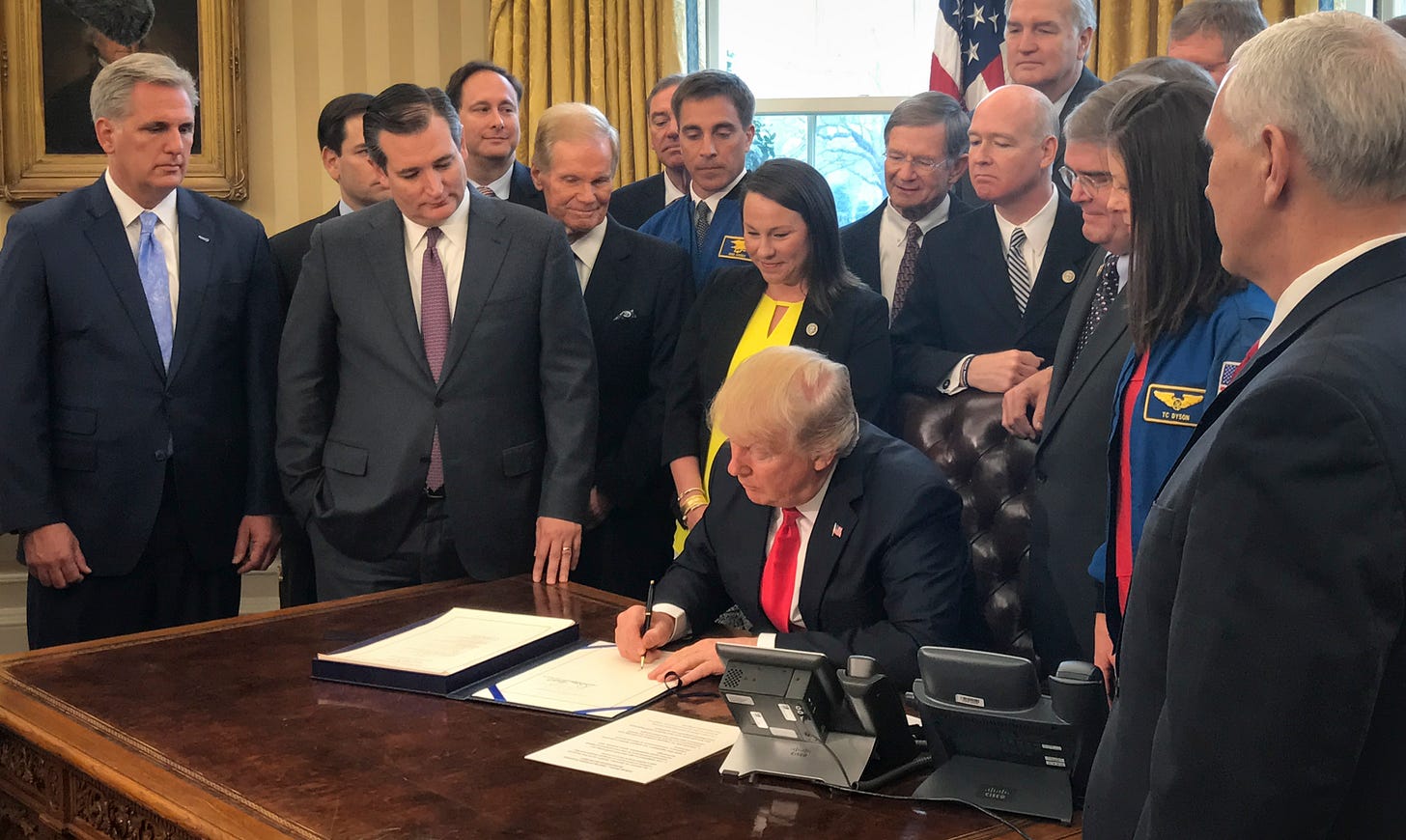The Texas delegation maintained partisan divisions during the fourth day of the federal shutdown.
Texas lawmakers from both parties stuck to their party positions during essential funding votes as the federal shutdown entered its fourth day. The Senate blocked two separate funding proposals through two consecutive votes because Republican Senators Ted Cruz and John Cornyn joined their party to support measures that needed 60 votes for passage.
Senate Stalemate Deepens Political Divide
The Senate continues to face an ongoing political crisis because it has failed to pass two separate funding measures for the fourth consecutive day. Republican-backed proposals received 54 votes, but Democrats blocked them, falling 44 votes short of the required supermajority.
According to Senator John Cornyn, the Senate shutdown occurred because Democrats chose to block the House-passed clean Continuing Resolution instead of working with Republicans for national benefits.
The two Republican senators, Cruz and Cornyn, backed funding bills from their party, which would have kept the government operating for 45 days without the healthcare provisions that Democrats sought to include. The Democratic healthcare proposal received 45 votes of support, yet Democrats opposed it with 52 votes.
Healthcare Becomes Central Battleground
The main point of contention stems from healthcare policy, as Democrats aim to restore health insurance premium tax credits and reverse Medicaid cuts implemented by the Trump administration.
The Republican Party claims Democrats use the shutdown to give healthcare benefits to undocumented immigrants, yet Democratic leaders have repeatedly denied these claims.
Senate Majority Leader John Thune asked Democrats to scale back their healthcare demands, but Minority Leader Chuck Schumer maintained his position to extend the expiring premium tax credit benefits. The Senate Democratic caucus maintained its position against the Republican proposal even though three members from their party, including John Fetterman of Pennsylvania, Catherine Cortez Masto of Nevada, and Independent Angus King of Maine, had supported it the previous week.
The shutdown affects Texas because it ranks fourth in federal civilian personnel numbers, with more than 130,000 workers. The Texas workforce comprises five essential agencies, including the Veterans Affairs, the Army, the Air Force, the Defense Department, and the Treasury. The Department of Defense maintains a workforce of more than 200,000 Texans who serve in both civilian and military capacities.
Texas Representative Monica De La Cruz from the border district expressed her opposition to the Democrats’ blocking of the continuing resolution because they chose political games over backing Border Patrol agents and federal workers. The shutdown requires federal workers to work without pay while non-essential personnel face the possibility of unpaid leave.
Congressional Earmarks in Jeopardy
The ongoing shutdown threatens to eliminate $675 million in earmarked Texas funds, which support 350 different state-wide infrastructure, research, and community development projects. The community project funding earmarks serve as significant investments that Texas legislators from both parties have successfully obtained for their district-specific projects.
To his current strategy. The White House Office of Management and Budget announced the upcoming federal employee shutdown. Trump uses the shutdown to eliminate “Democrat agencies” while threatening to dismiss thousands of federal workers, according to dismissals, which would maintain essential public services from December 2018 through January 2019, because both parties maintain their absolute positions. The Senate remains in a state of political impasse.
The ongoing shutdown has become the most extended period of government closure since the Trump administration’s 35-day shutdown in 2018-2019. The Senate requires eight Democratic votes to achieve the necessary 60 votes for passing legislation, so both parties must intensify their negotiations to prevent service disruptions, which will affect millions of Texans.



